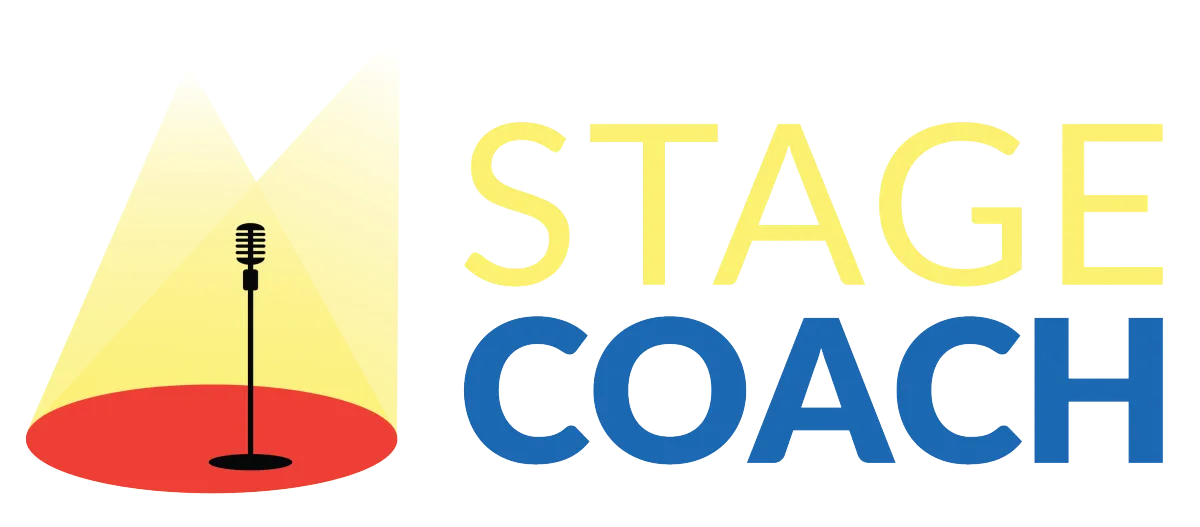Welcome to Speaker Tips
Practical Communication Help from Alan Hoffler – Keynote Speaker, Author, Teacher, and Public Speaking Coach
Whether you're giving a keynote, leading a meeting, or presenting online, strong communication skills are essential. Here, you'll find expert insights on storytelling, presentation techniques, audience engagement, and more—everything you need to speak with impact.


The Power of Writing: A Vital Tool for Speakers
Communicators often focus on delivery and performance. Most of the inquiries I receive and the training and coaching I provide are focused on these skills. But I’ve become a huge fan and practitioner of an overlooked tool in the communicator’s toolbox: writing.
Though public speaking and writing may seem like very separate skills, they are deeply connected. Writing improves your speaking; speaking improves your writing. They are both channels of communication with the same goal: transfer a message to the mind and heart of a listener. Or reader.
Here are three positive benefits for speakers that come from writing.
Clarity
Writing forces you to organize your thoughts. When you speak, spontaneous ideas are often a part of the process, which can lead to confusion in the minds of your audience. Writing helps structure your message, allowing you to refine arguments and present ideas logically. By outlining or drafting your content, you ensure that when it's time to speak, your message is clear and compelling. The best thing I ever did for my training business was to write the “textbook.” It forced me to solidify my framework and gave me a common language to use in all settings.
Confidence
Anxiety is a common challenge for speakers. Fear of forgetting key points or losing the audience’s attention is natural. Writing reduces this anxiety by giving you a clear roadmap of your main ideas and the supporting evidence that you need to deliver. Writing forces you to internalize your thoughts and settle on what you believe in. When you are sure of your message, your confidence increases. I’m not suggesting that writing eliminates the need for good delivery skills and practice, but it does so much good for our mind to be clear and assured in what it is saying.
Stronger Storytelling
Great speakers are usually great storytellers, and writing is the perfect medium for developing and refining these skills. Writing allows you to experiment with narrative techniques, pacing, and emotional hooks. It allows you to see the relative length of your story and scale it accordingly. Writing also sparks a lot of creative ideas. Writing one story is likely to spawn others that have impact and importance to your message. One of the main action items from our Storytelling workshop is to create a list of stories (and their morals/lessons) that can be used in your messaging.
The biggest barrier to writing is the same as the biggest barrier to becoming a great speaker: Putting in time and effort to be good at it. You probably don’t have enough time. Writer’s Block is real. There are others who are better. You may not know where to start. But all of those excuses can be overcome by putting the pen to the page (or the fingers to the keyboard; or the voice to the speech-to-text app).
I’ve found writing to be an invaluable tool for my speaking. You don’t ever have to publish your writing in a bound book or a blog (although I encourage both), but the process of writing is good for the brain and good for your audience. Start today—you’ll be amazed at how much more effective you can become as a speaker.
Communication Matters. What are you saying (and writing!)?
Alan, your Online Stage Coach
Communication Matters. What are you saying?
OnlineStageCoach is active on X/Twitter and Facebook, sharing public speaking tips multiple times a week. These are some of the best nuggets from our online courses and make great reminders throughout your day. Follow us here (X) and here (Facebook).


